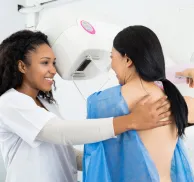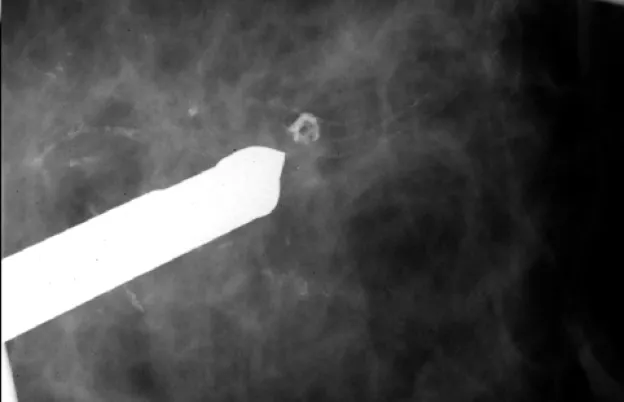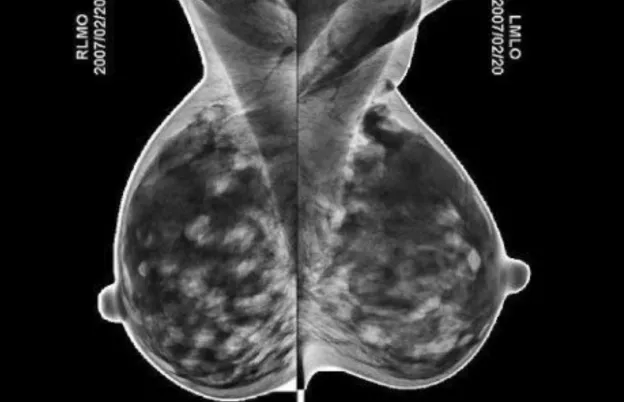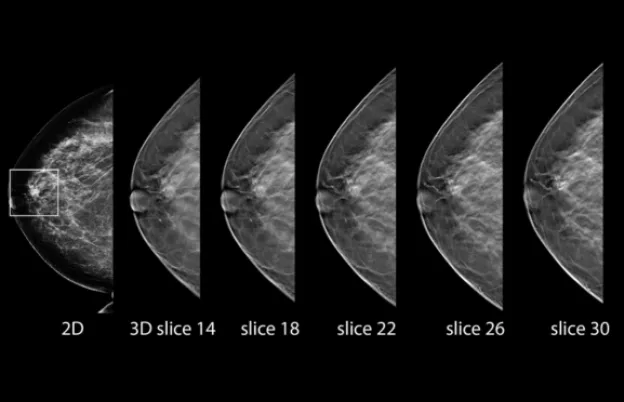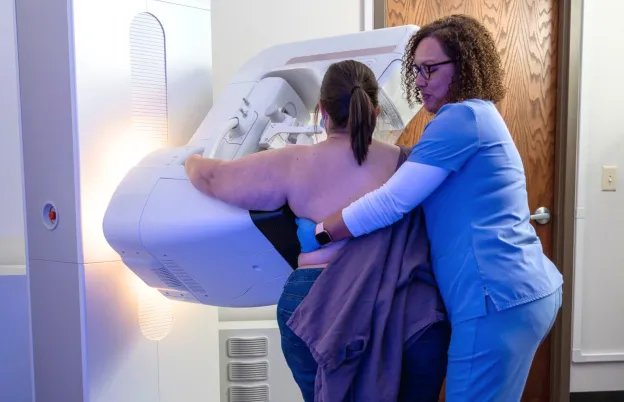
FREE Webinar - Risk 101: Introduction to Breast Cancer Risk Assessment
About this Program
There is now broad alignment by professional societies in women's health on the use of breast cancer risk assessment to identify patients who may benefit from high-risk interventions. As a result, using quantitative risk models to help implement high-risk guidelines has become an emerging standard of care in screening programs. This underutilized care pathway has tremendous potential in early detection and cancer prevention. This session provides a primer on the basics of breast cancer risk assessment to enable more confident providers, more efficient programs and more informed patient conversations.
Educational Objectives
At the conclusion of this webinar, attendees will be able to:
- Identify and discuss the need for breast cancer risk assessment
- Understand the role that different risk models play in a comprehensive risk assessment program
- Understand where risk models come from and what they are good/bad at
- Understand the basic types of risk factors used and outputs that risk models make and how they apply to common high-risk interventions
Schedule
In-person and live webinar options
• Overview of the growing application of risk assessment in breast care
• Overview of risk factors and their impact on a patient’s risk
• Discussion of the commonly used risk models with a case study example
• Understand the different clinical recommendations for care pathways based on the model used
Audience
Who should attend?
- Radiologic Technologists
- Medical Imaging Specialists
- Educators
- Management, Director
Program Faculty
Meet your presenter(s)

Brian Drohan
PhD
Brian is a computer scientist, entrepreneur and risk assessment guru. During graduate school, Brian gained great experience in risk assessment as part of a unique academic collaboration between the University of Massachusetts and Massachusetts General Hospital. Subsequently, Brian earned a PhD in the identification and management of patients at high risk for hereditary breast cancer. Brian cofounded CRA Health, a company that created commercial grade clinical decision support system for cancer risk assessment. After CRA was purchased by Volpara Health, Brian became the Science Advisor and today helps healthcare professionals bring innovative risk assessment solutions to clinics across the country.
Credits
Accredited training programs

ASRT Category A
This program provides 1 hour(s) of Category A continuing education credit for radiologic technologists approved by ASRT and recognized by the ARRT and various licensure states. Category A credit is also recognized for CE credit in Canada. You must attend the entire program to receive your certificate of completion.
Tuition
Convenient payment options available
| Audience | Price | Early Price | Member Price | Member Early Price |
|---|---|---|---|---|
| Technologist | $0.00 | $0.00 | $0.00 | $0.00 |
Early Pricing Guidelines
Qualifying 'Early' registrations must be made at least 4 days in advance for the program.
Cancellation Policy
Webinars less than 8 hours of credit
Refunds, minus a $15 processing fee, will be granted for cancellations received at least 3 days prior to the program. Cancellations received within 3 days of the webinar will receive a credit toward a future MTMI program, minus the $15 processing fee. No refunds will be made after the webinar starts. MTMI reserves the right to cancel any scheduled program because of low advance registration or other reasons. MTMI’s liability is limited to a refund of any program tuition paid. WEBINAR ATTENDEES that cannot log in due to unsolvable technical issues beyond their control will be eligible for a full refund.
Acknowledgements
Thank you for your support

